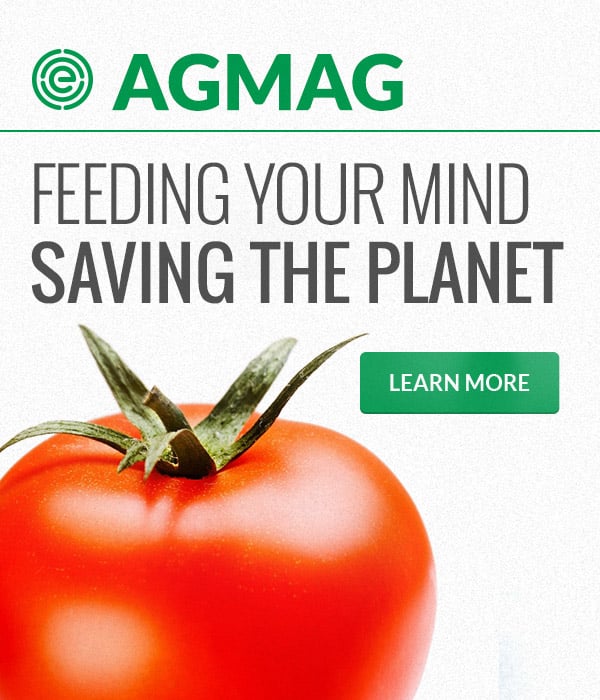Total Disaster Programs in Columbia County, Washington, 2022
Subsidy Recipients 1 to 20 of 207
Recipients of Total Disaster Programs from farms in Columbia County, Washington totaled $8,068,000 in in 2022.
| Rank | Recipient (* ownership information available) |
Location | Total Disaster Programs 2022 |
|---|---|---|---|
| 1 | Broughton Land Co | Dayton, WA 99328 | $865,721 |
| 2 | Seney Land & Livestock Joint Venture | Dayton, WA 99328 | $628,702 |
| 3 | Barker Enterprises Joint Venture | Dayton, WA 99328 | $379,475 |
| 4 | Double D Farms | Dayton, WA 99328 | $311,165 |
| 5 | Penner Farms Joint Venture | Waitsburg, WA 99361 | $289,894 |
| 6 | Archer Farms | Dayton, WA 99328 | $266,927 |
| 7 | Lambert L & L Inc | Dayton, WA 99328 | $221,825 |
| 8 | Randy James And Terri James Dba James Farms | Dayton, WA 99328 | $206,608 |
| 9 | Bo-j Farms Partnership | Dayton, WA 99328 | $190,312 |
| 10 | Tucannon Ag Partnership LLC | Starbuck, WA 99359 | $185,992 |
| 11 | , | $179,617 | |
| 12 | Shoun Farms Inc | Dayton, WA 99328 | $172,108 |
| 13 | Carlton Farms Inc | Dayton, WA 99328 | $164,931 |
| 14 | D & K Farming Inc | Dayton, WA 99328 | $160,936 |
| 15 | Mead Ranch | Dayton, WA 99328 | $150,905 |
| 16 | Covello Cellars Inc | Walla Walla, WA 99362 | $125,000 |
| 17 | Just Farms, LLC | Waitsburg, WA 99361 | $125,000 |
| 18 | Robinette Ranches Inc | Dayton, WA 99328 | $109,027 |
| 19 | Ingram Farms Inc | Dayton, WA 99328 | $107,168 |
| 20 | Eslick Farms Inc | Dayton, WA 99328 | $102,401 |
* USDA data are not "transparent" for many payments made to recipients through most cooperatives. Recipients of payments made through most cooperatives, and the amounts, have not been made public. To see ownership information, click on the name, then click on the link that is titled Ownership Information.
** EWG has identified this recipient as a bank or lending institution that received the payment because the payment applicant had a loan requiring any subsidy payments go to the lender first. In 2019, the information provided to EWG by USDA began to include the entity that received the payment, rather than the person or entity that applied for it, which was previously provided. This move to shield subsidy recipients from disclosure enables USDA to further evade taxpayer accountability. Six percent of subsidy dollars went to banks, lending institutions, or the Farm Service Agency.”
Next >>



 Increasing crop reference prices would hurt young farmers
Increasing crop reference prices would hurt young farmers
 Do billionaires get farm subsidies?
Do billionaires get farm subsidies?
 Crop insurance pays billions in weather-related losses linked to the climate crisis
Crop insurance pays billions in weather-related losses linked to the climate crisis
 Crop insurance costs soar over time, reaching a record high in 2022
Crop insurance costs soar over time, reaching a record high in 2022
 As the climate emergency heats up the Southwest, crop insurance payouts for heat surge
As the climate emergency heats up the Southwest, crop insurance payouts for heat surge
 In the intensifying climate crisis, a hotter Southwest spurs rising heat-related crop insurance costs
In the intensifying climate crisis, a hotter Southwest spurs rising heat-related crop insurance costs
